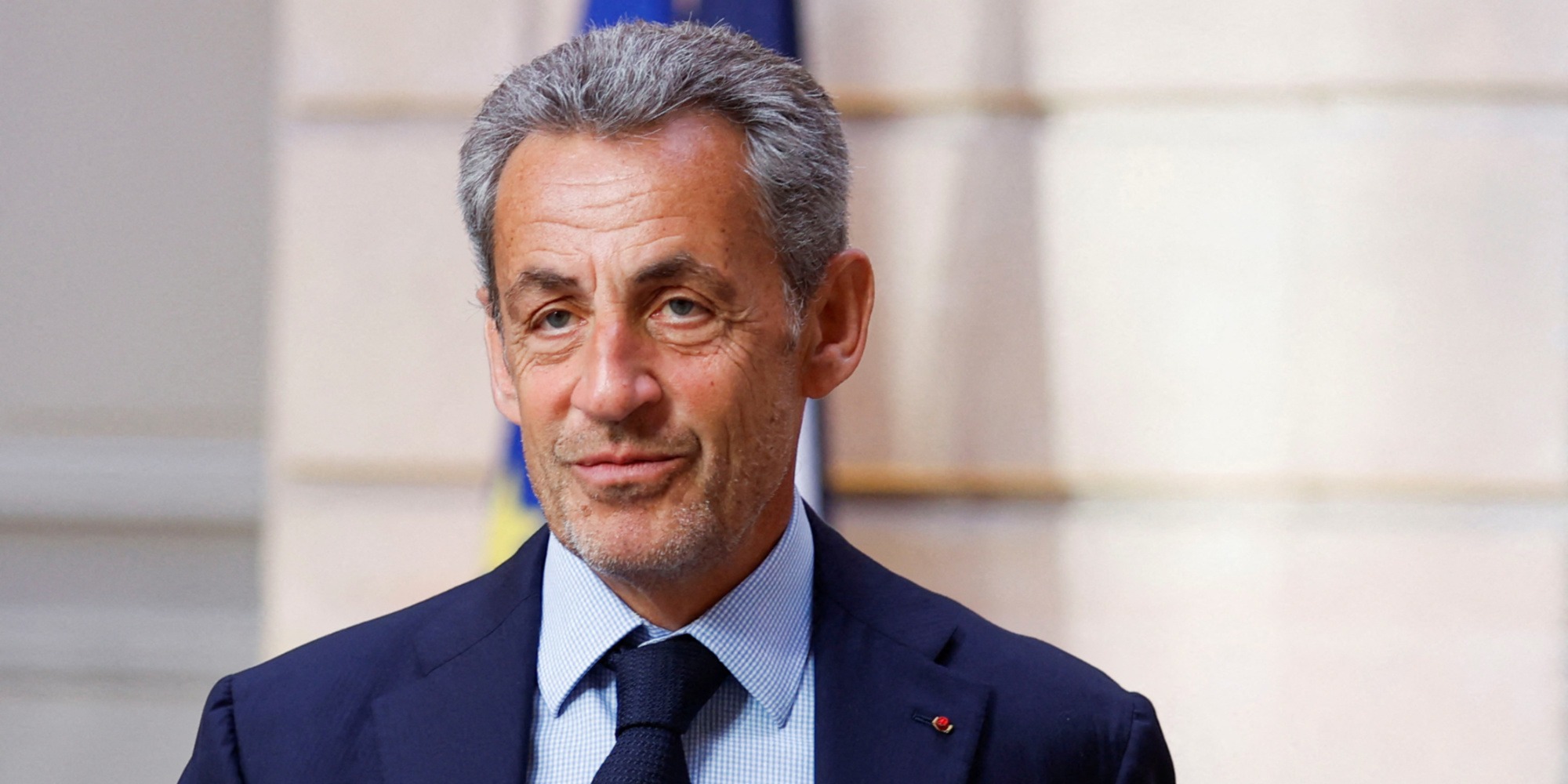At the Bygmalion appeal trial, Nicolas Sarkozy, sentenced at first instance to one year’s imprisonment for having exceeded the legal spending limit during his lost 2012 presidential campaign, “vigorously contested any criminal responsibility” on Friday. “I vigorously contest any criminal liability, because I deny, and I hope to demonstrate, having ever had knowledge of fraud, having ever requested fraud or even benefited from fraud,” declared the former President of the Republic at the start of his interrogation, before the Paris Court of Appeal.
Already convicted at first instance
Retried since November 8 alongside nine other people who appealed, partially or in full, their conviction in September 2021, Nicolas Sarkozy had only appeared so far on the first day of the trial. Bringing up the rear of the interrogations, the former head of state (2007-2012) must be heard all day. Unlike his co-defendants, Nicolas Sarkozy is not accused of the system of false invoices itself, designed to hide the explosion in his campaign’s spending (nearly 43 million euros, while the legal ceiling was of 22.5 million). But he was sentenced at first instance to one year’s imprisonment for having exceeded this legal limit.
The criminal court had underlined in its judgment that the former tenant of the Élysée had “continued the organization of” electoral meetings, “requesting one meeting per day”, even though he “had been warned in writing” of the risk legal overrun, then actual overrun.
“I want the truth”
During the first trial, the ex-president assured that “the money had not been in (his) campaign” and had accused the communications agency Bygmalion – founded by relatives of his rival Jean-François Copé – for having “stuffed” herself. Then he described his conviction as “unfair” to the maximum sentence then provided for by law and promised to contest it “until the end”. But “if I didn’t ask anything, if I wasn’t aware, where is the intentional crime?” asks Nicolas Sarkozy, in a dark suit, at the bar.
“I want the truth,” he continued, pugnacious in the face of the president’s questions, while admitting to having “not convinced so far”. The former head of state, on the other hand, said he “never shied away” from his political and administrative responsibility, in particular by seeking funds for the UMP after the rejection of his campaign accounts by the Constitutional Council, for a excess then estimated at only 446,000 euros. Before the court of appeal, his co-defendants maintained their positions, citing a disorganized campaign, the subject of a “runaway”. The former general director of Bygmalion, Guy Alves, estimated that the ex-president had been the “sole beneficiary”, an opinion shared by the former deputy director of the campaign Jérôme Lavrilleux, who said Thursday that all had been made “for the benefit of the candidate”.
Other legal troubles
This case adds to other legal troubles for Nicolas Sarkozy: he was sentenced last May in the wiretapping affair to three years’ imprisonment, one of which was closed, a decision against which he appealed to the Court of Cassation. . In this aspect, a recent decision of the Constitutional Council which censures a procedural rule could benefit it.
The former head of state will appear in 2025 on suspicion of Libyan financing of his victorious 2007 presidential campaign. He was also indicted, at the beginning of October, in the aspect of this case linked to the retraction of the intermediary Ziad Takieddine.
